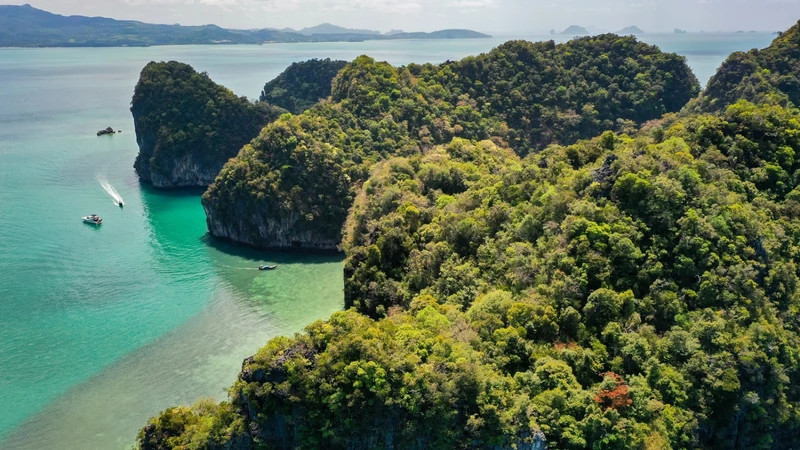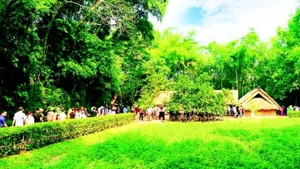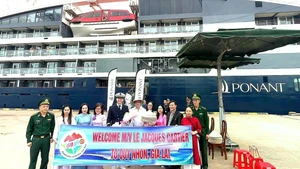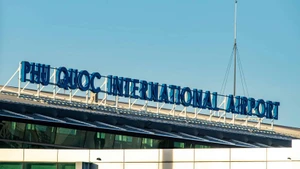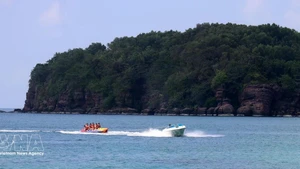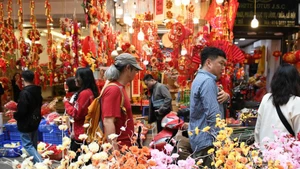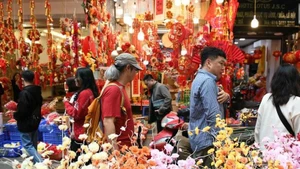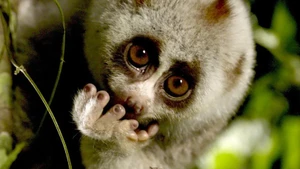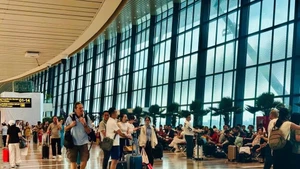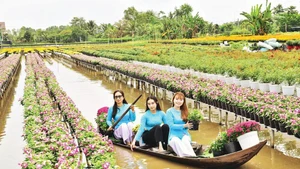Ecotourism is the fastest growing form of tourism industry, with a growth rate of about 20-34% per year. This is a type of responsible tourism, maintaining harmony between humans and nature.
In addition to economic benefits, the ecotourism also brings many other great benefits such as contributing to the goal of preserving the natural environment and indigenous cultural values as well as developing local communities.
Most countries in the region, including Vietnam, have established and maintained a system of national parks and biodiversity conservation areas to promote the ability to exploit and develop ecotourism, bringing economic, conservation and educational benefits.
It can be seen that Cat Ba Island in Hai Phong possesses all the foundations and potential to become a high-class ecotourism island. The convergence of scenic spots, special national monuments, world biosphere reserves, national parks, and marine protected areas has contributed to promoting Cat Ba as a "green" tourist and resort paradise. Thereby, the island is gradually becoming a leading ecological destination in Vietnam and the Asian region.
However, the problems that Cat Ba needs to solve at this time are noise pollution, oil pollution from vehicles emitting into the environment, and waste and wastewater pollution.
To develop sustainably and meet the capacity of a huge number of tourists in the future, the locality needs to calculate and invest in technical infrastructure projects, tourism infrastructure, and modern technology.
The Cat Hai-Phu Long cable car line and an electric car system operating right in the central area have created favourable conditions for the locality to quickly establish a green tourism infrastructure ecosystem for the pearl island.
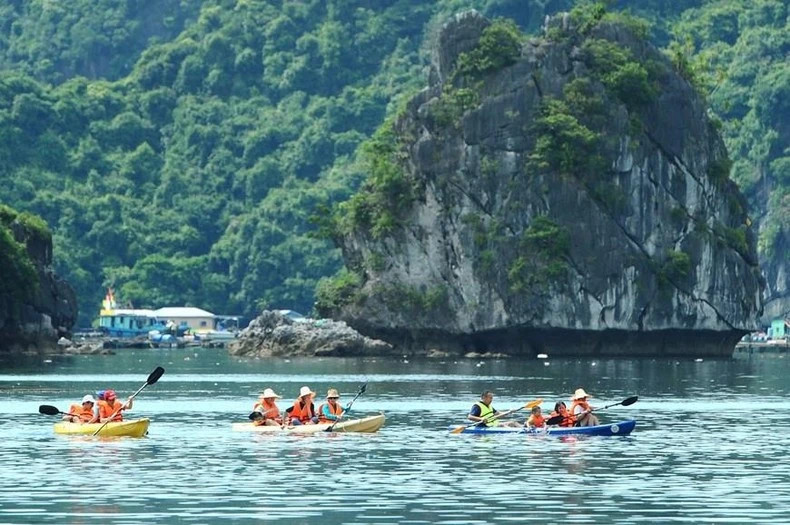 |
| Cat Ba is a destination chosen by many domestic and foreign tourists. (Photo: VNA) |
Professor, Dr Do Cong Thung, former Chairman of the Scientific Council of the Institute of Marine Resources and Environment, shared: "Using a cable car to move from Cat Hai to Cat Ba is a good solution, overcoming many consequences of environmental pollution while limiting vehicles to the island.
“However, it is necessary to add more routes such as from Cat Hai Island to the centre of Cat Ba Town to make it more convenient for tourists."
Currently, the locality is making efforts to find solutions to solve the pollution problem by speeding up the implementation of projects to upgrade and build a wastewater collection and treatment system in the Tung Dinh Lake area and the central area. At the same time, the locality is also trying to attract large investors to join hands in "greening" Cat Ba.
Accordingly, developing a methodical sea and island tourism economy associated with creating and protecting the green and ecological environment along with a smart utility system is key to the sustainable development of the islands.
Many countries in the world have developed islands in the direction of green tourism and reaped positive results. Among them, Lamma Island in Hong Kong (China) is known as a smoke-free island worth exploring in the world.
In Turkey, the Princes’ Islands also say "no" to gasoline-powered vehicles. Meanwhile, Tau Island in the American Samoa archipelago has gradually switched to using solar energy.
A series of other tourist islands, such as Honolulu in Hawaii or the island nation of Dominica in the Caribbean, have also made efforts to "go green" and achieved unexpected success, attracting a large number of tourists from around the world.
